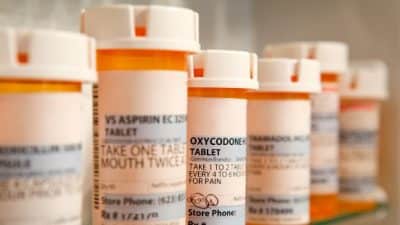
The total prescriptions for Adderall in the United States have increased from 35.5 million in 2019 to 41.2 million in 2021.
As a result, the production of the medication, which can be used for the treatment of attention-deficit disorders, has not kept up with the demand.
U.S. Rep. Abigail Spanberger of Virginia first sent a letter to the Drug Enforcement Administration and the Food and Drug Administration in December 2022 requesting attention to the Adderall shortage.
Last week, she pressed the DEA again to do more to combat the shortage, and is searching for how the DEA will protect reliable access after the public health emergency ends May 11.
“The shortages of Adderall and related medications have made it difficult for patients to manage their attention deficit hyperactivity disorder (ADHD), and created immense hardship for parents of children with ADHD,” Spanberger said in her letter last week. “I am disappointed that I have not received a response to my December 19, 2022 letter to your agency about these shortages.”
Congress increased the access to behavioral health professionals through telehealth services when the COVID-19 pandemic began, which led to an increase in both attention deficit hyperactivity disorder (ADHD) diagnoses and prescriptions for Adderall. The number of Adderall and generic-equivalent prescriptions increased 16 percent from 2019 to 2021, according to IQVIA, a health research firm. The FDA reported a shortage of Adderall in October because of manufacturing delays.
“I appreciate the difficult task DEA faces in balancing the need to maintain patient access to controlled substances and the need to support safe prescribing practices after the public health emergency ends. As such, I urge you to make clear DEA’s plan for telehealth and controlled substance regulations and quotas as soon as possible so patients and providers have time to plan and operationalize compliance with the new requirements,” Spanberger said in last week’s letter.










